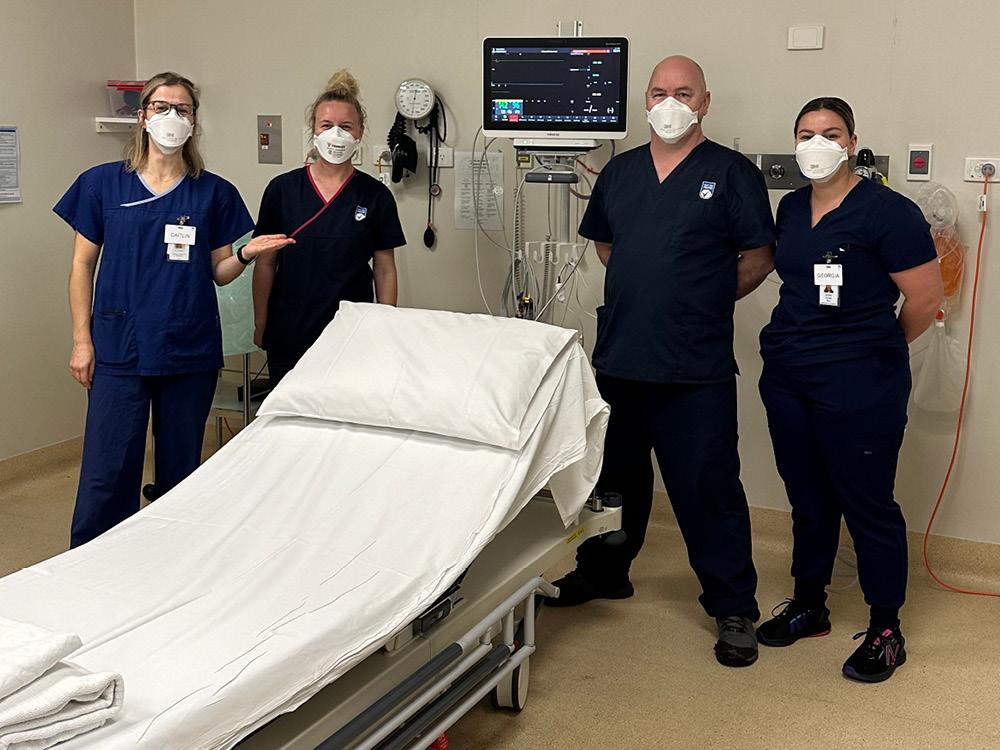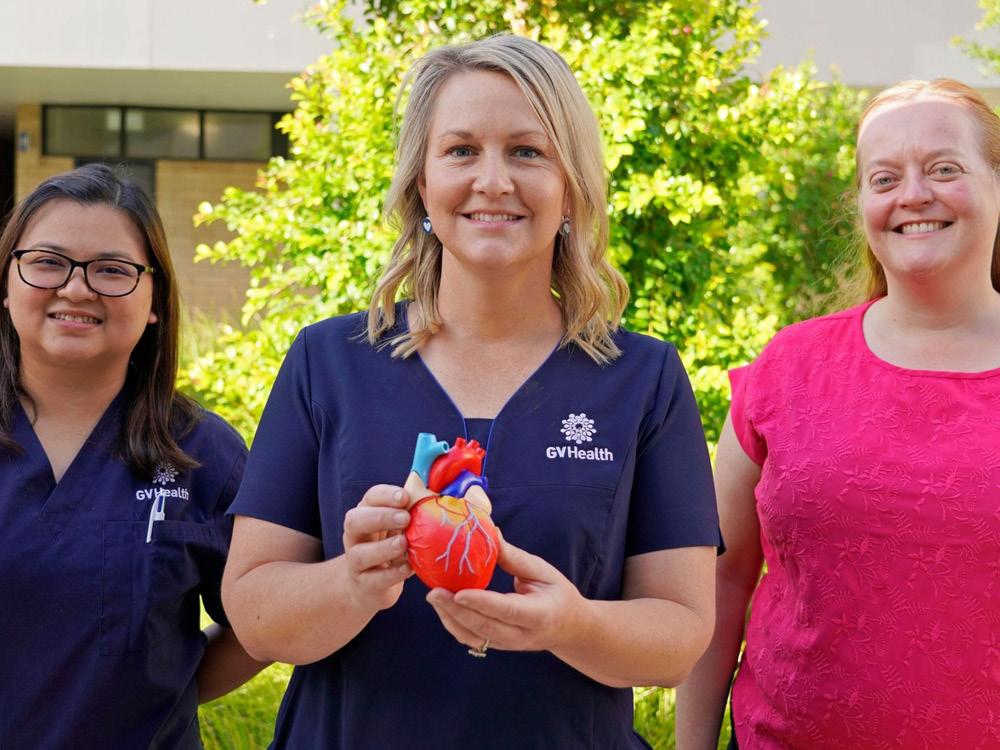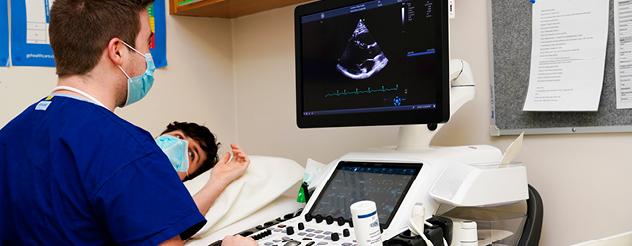
The Victorian Heart Hospital
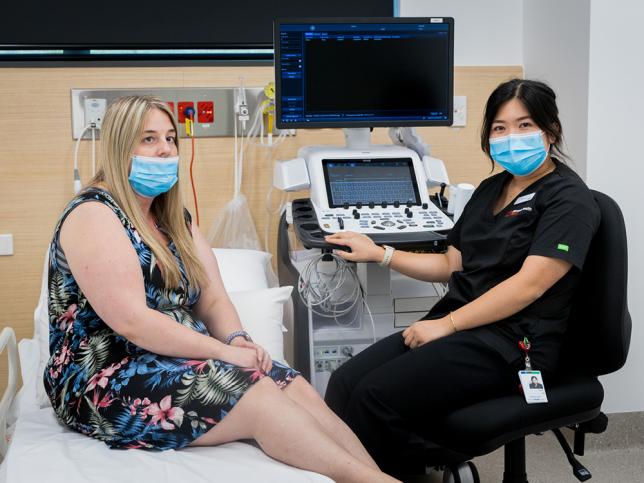
Victorian Heart Hospital patient, Ebony, pictured inside one of the hospital's new diagnostic imaging rooms.
© Source: Victorian Heart Hospital

Monash Health’s Victorian Heart Hospital combines cardiac research, education and training, all under the one roof.
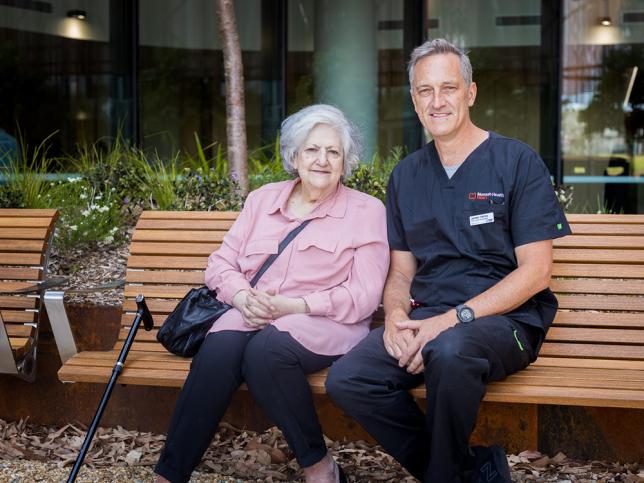
One of the first patients of the Victorian Heart Hospital, which opened its doors in February 2023.
© Source: Victorian Heart Hospital
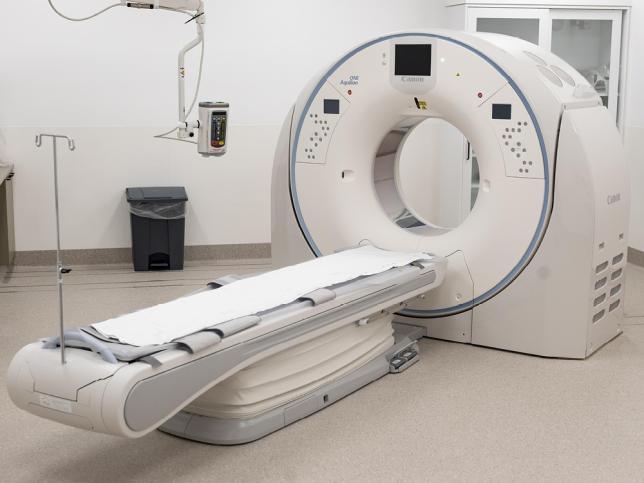
A cardiac magnetic resonance (MRI) machine can diagnose a range of heart conditions.
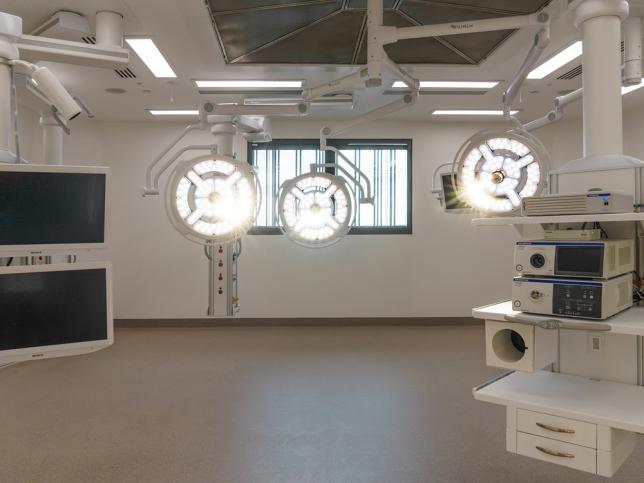
Patients can access world-class healthcare and be treated using state-of-the-art medical equipment.
Last updated: 04 September 2023





